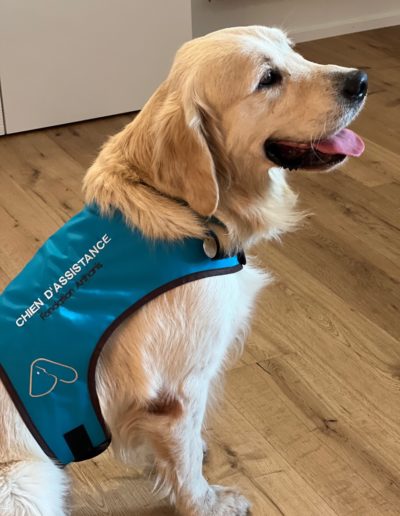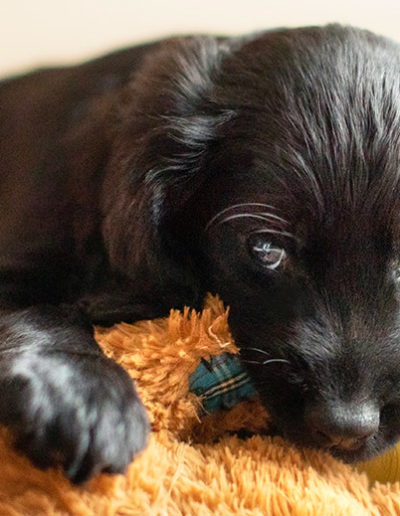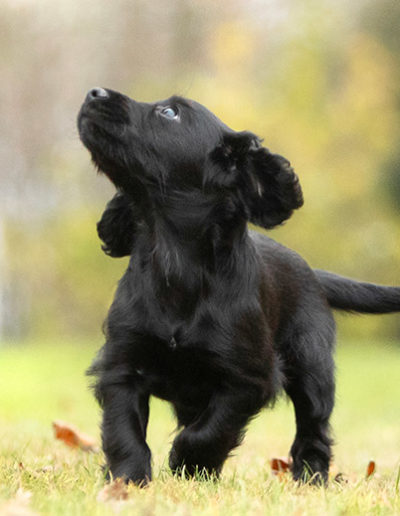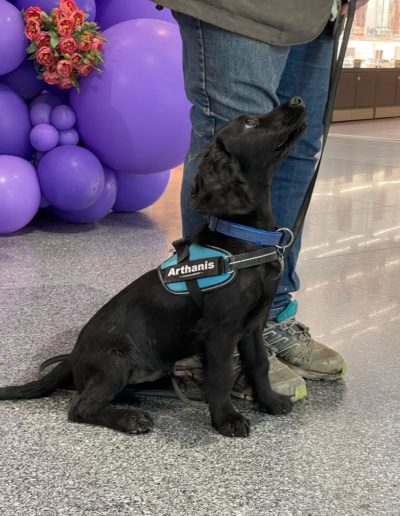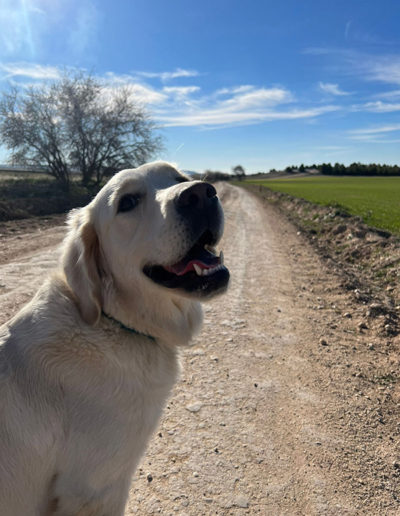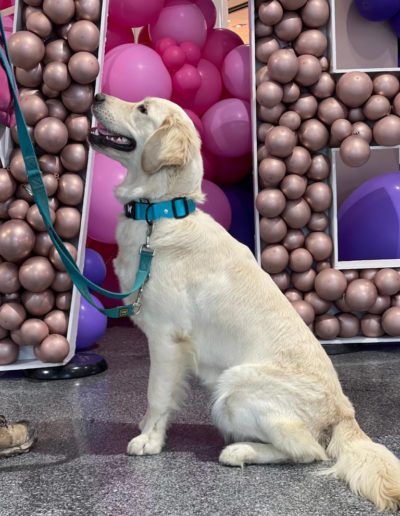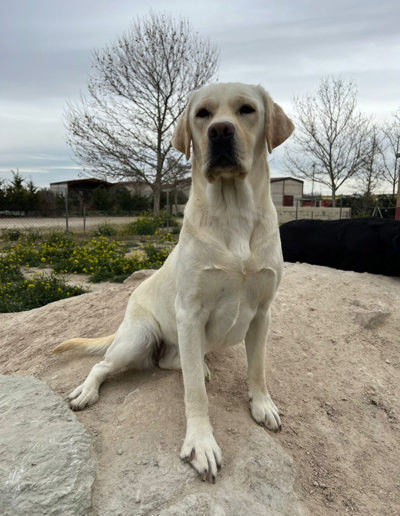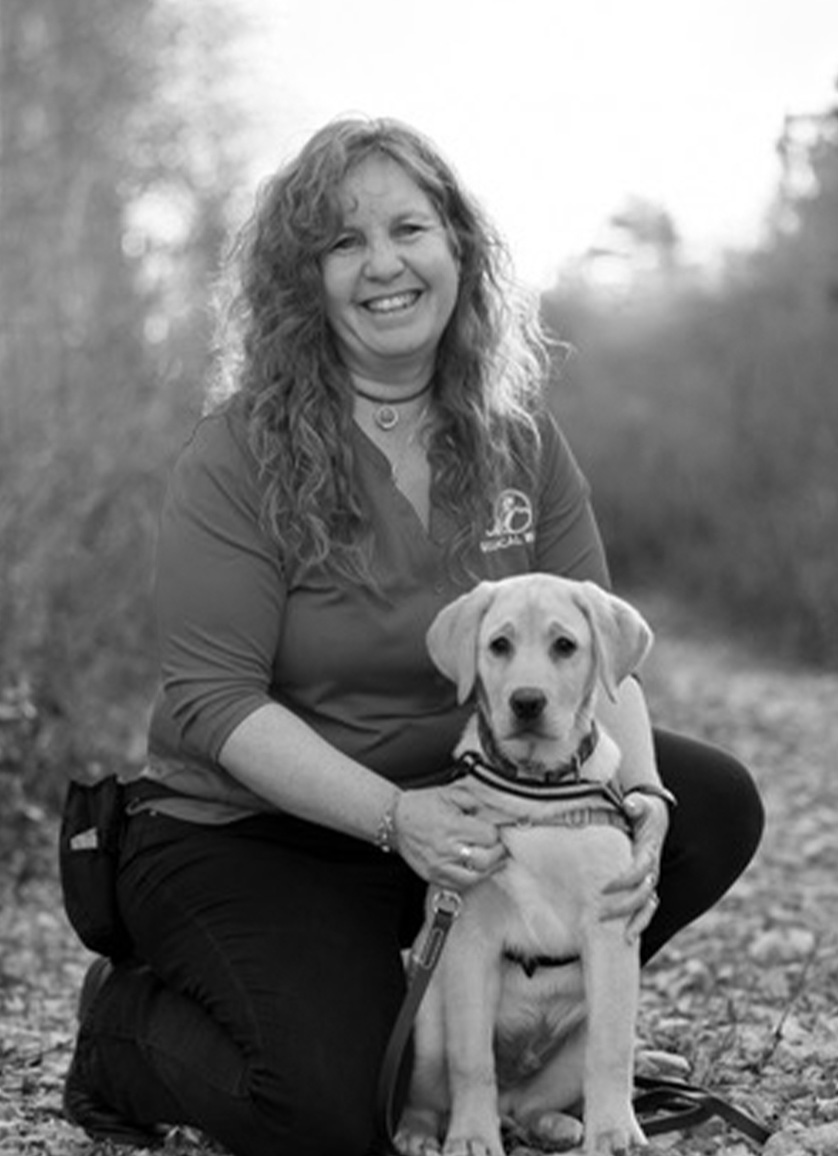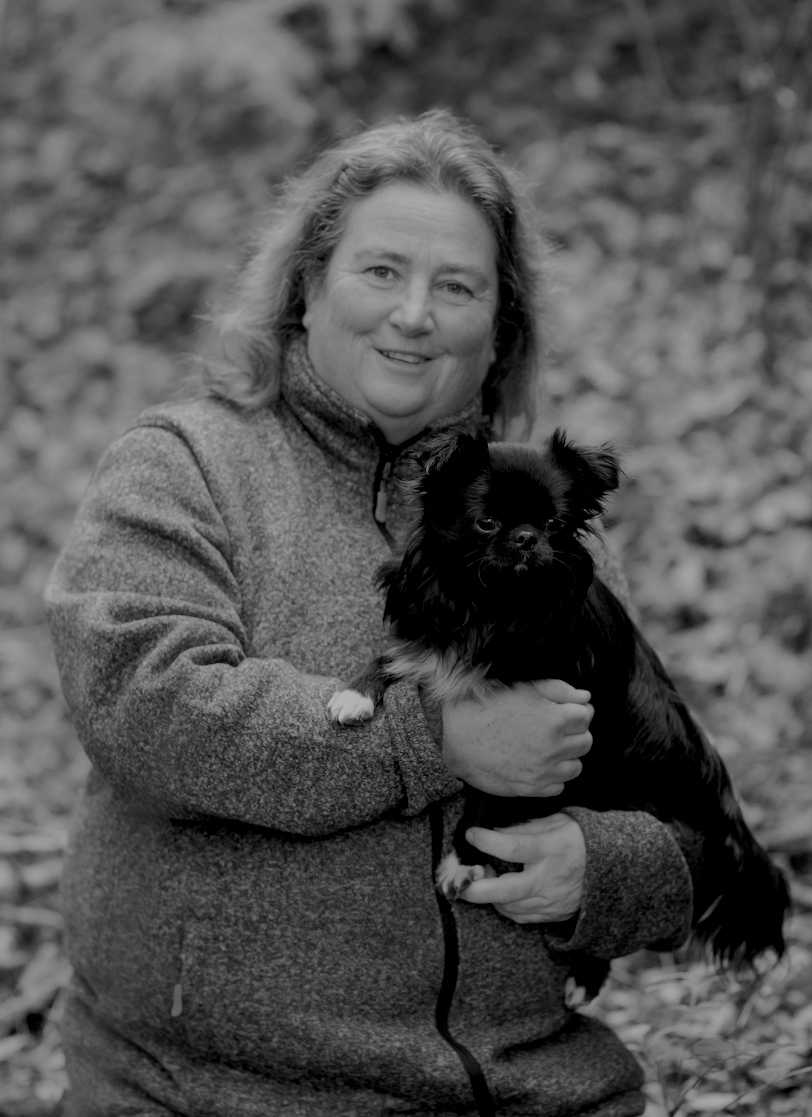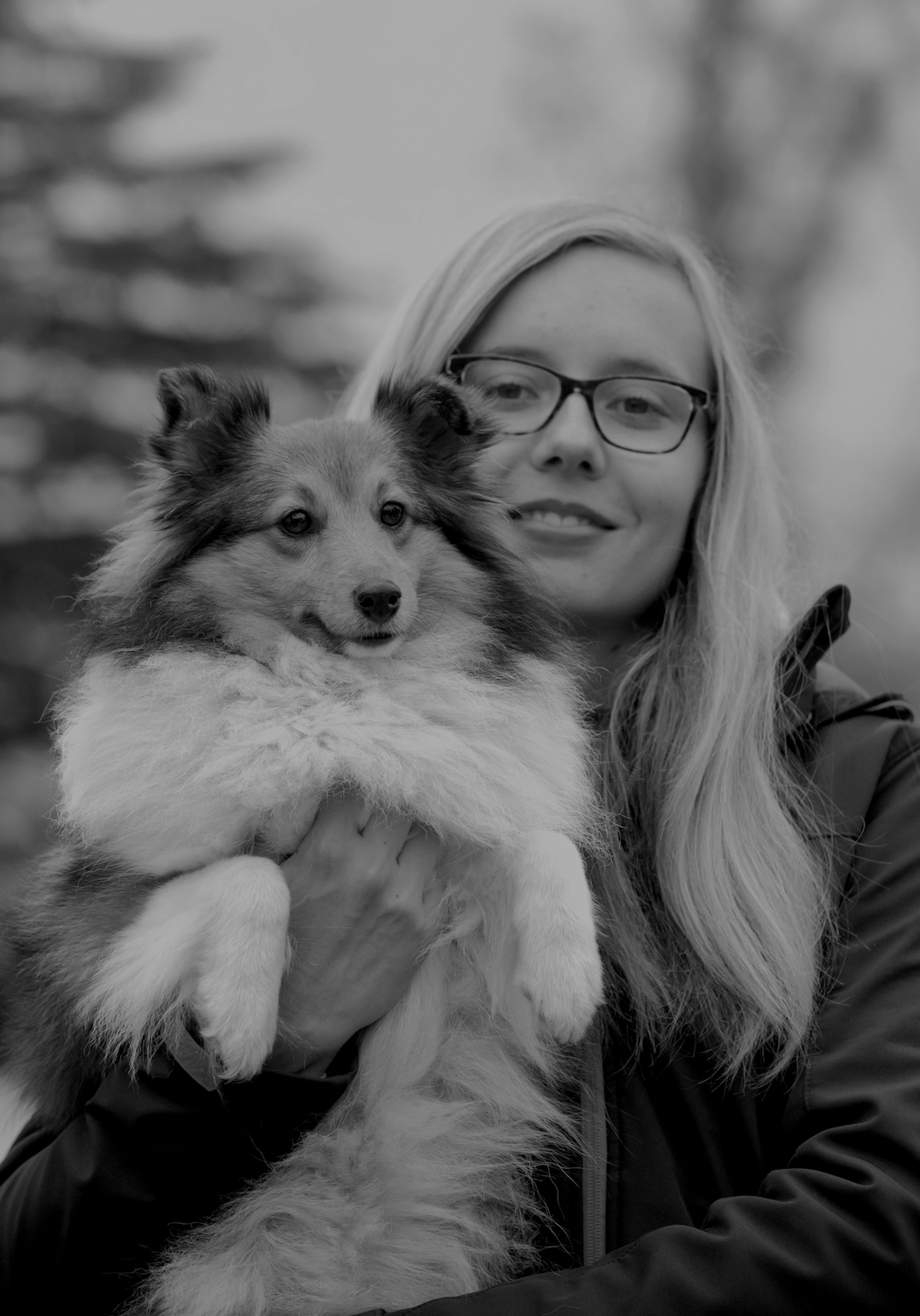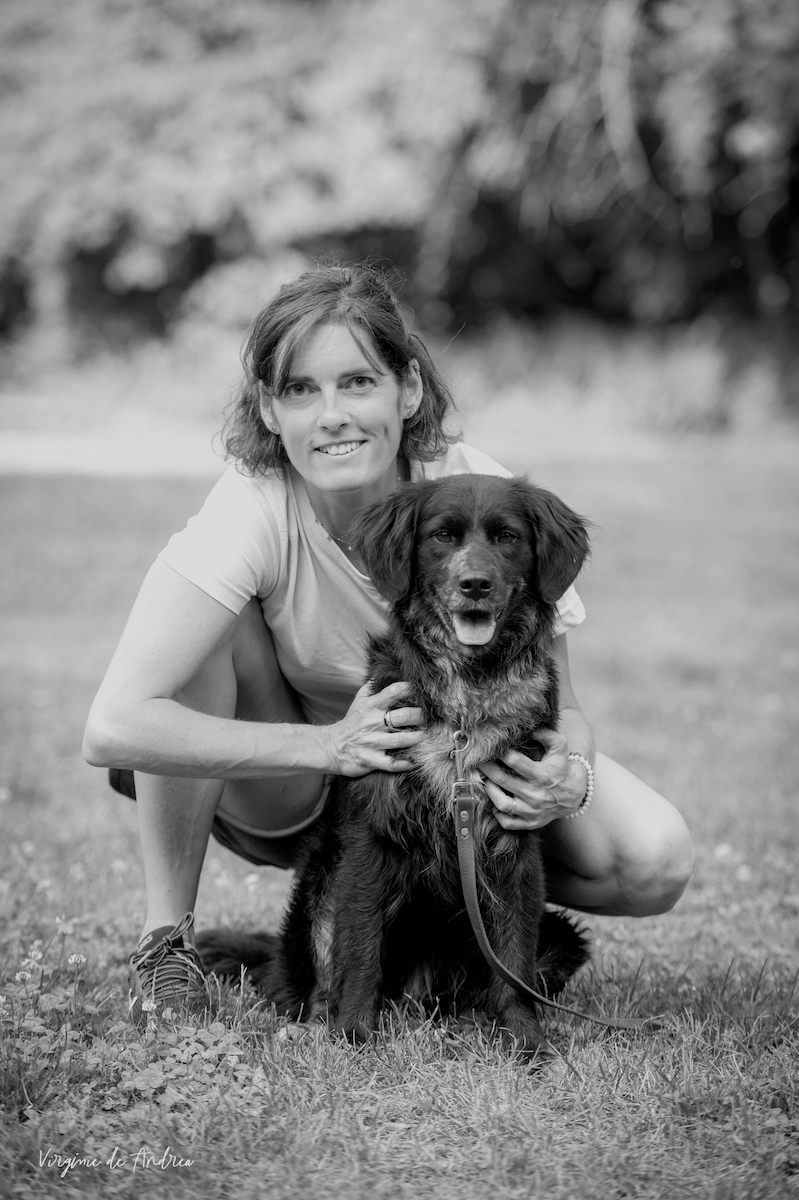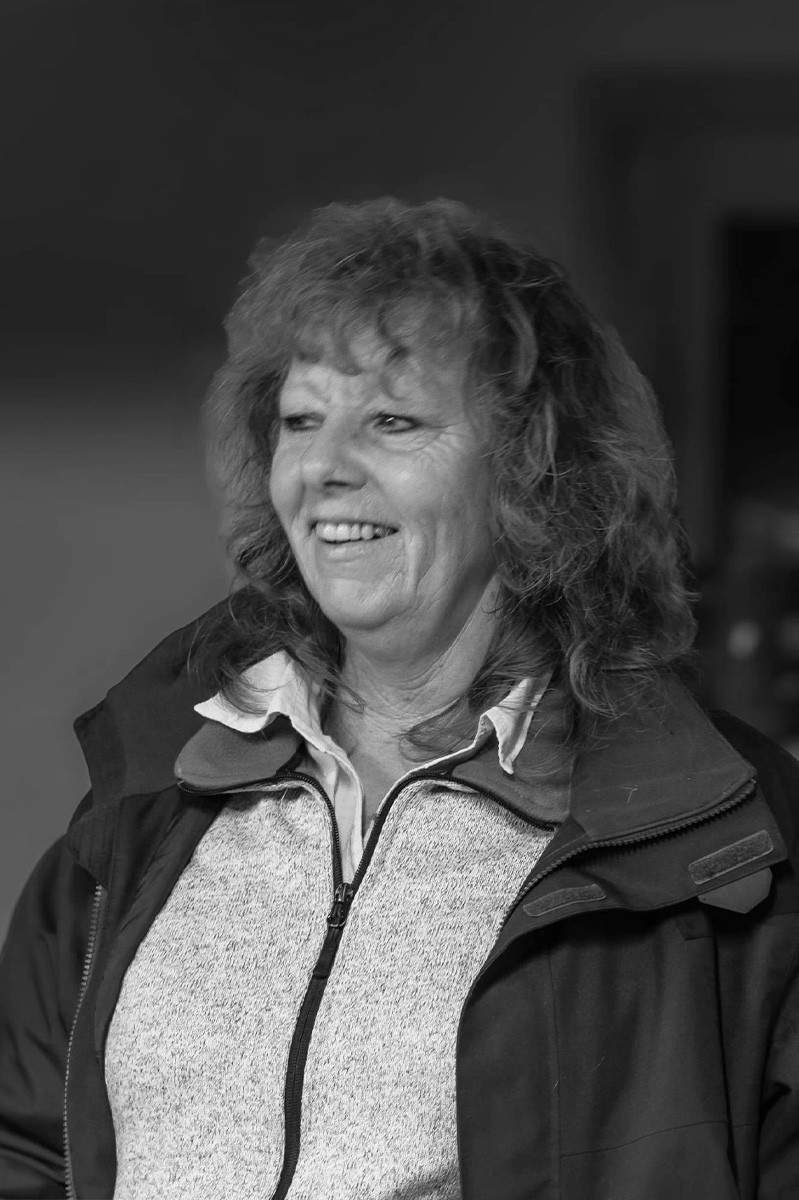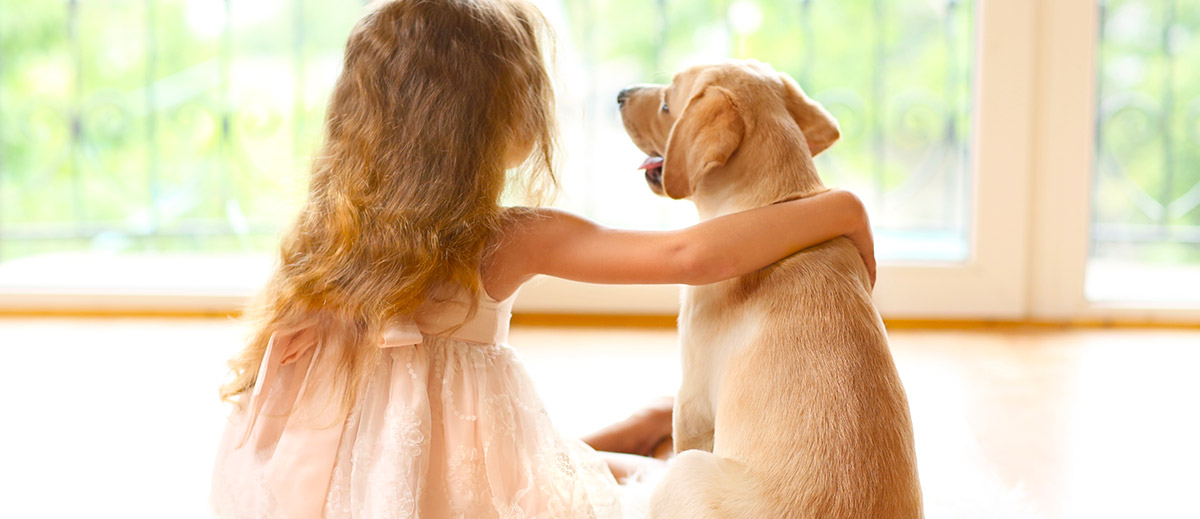
Definitions
Assistance dogs are trained to assist adults and children with illnesses and disabilities with everyday activities, while also offering them moral support and enhancing their lives by fostering and supporting their interactions with their environment.
In addition to the skills acquired by the Assistance Dog throughout its training, it is important to emphasise the importance of the dog’s role in the moral support and social development of its human partner. The dog helps to alter people’s perception of the person with special needs, thus contributing to their better integration into society.
The Arthanis Foundation ensures the balance and harmony of the dog-beneficiary partnership, where each looks after the other. We monitor the dog-human partnership on a regular basis to ensure their mutual well-being.
Medical alert dogs are specially trained to detect and signal physiological changes or specific medical symptoms in their owner. These dogs are particularly trained to assist individuals with certain medical conditions such as diabetes or epilepsy, for example. They are capable of perceiving subtle signals, such as changes in body odor or behavior, even before their handler experiences the symptoms. They can thus alert their beneficiary or a close relative, typically through nudges with their nose, to the onset of an epileptic seizure or hypoglycemia a few minutes before it occurs. This ability to anticipate critical medical situations can significantly improve the safety and quality of life for people living with specific health conditions, especially those with drug-resistant epilepsy.
Beyond the specific tasks that dogs are trained to perform, they have a crucial role in supporting and encouraging their human partners and enhancing their lives.
Best adapted dogs
Several breeds, such as the Cocker working line, Golden Retriever, Shetland, Bedlington Terrier and Labradoodle, are particularly skilled. However, what really count are the dog’s origins and temperament qualities. Dogs from other breeds can be accepted in some of our programmes provided they meet the selection criteria.
Our dogs
Our dogs are familiarised with new places, noises and people from an early age. We ensure they have a normal, happy puppy life of long periods of play and sleep.
Discovery of the world from a very young age is a key element to enable the puppy to grow into a well-balanced dog. Exposure to all the likely situations he will encounter with his human partner will prepare him for his role and we will retain this ability for life.
Good socialisation and an initial specialised training programme for each dog leads to a well-balanced and efficient Assistance Dog.
Selection of our dogs
We pay particular attention to the selection of our puppies. We aim to avoid, as far ass possible, a situation where we would have to reject a dog during training because of a genetic disorder or inappropriate temperament. We select breeding programmes which offer dogs capable of being trained as Assistance or Working Dogs, that is, animals that are able to perform specific tasks. Beside Assistance Dogs, these breeds also work in avalanche rescue, police work and as hunting/gun dogs.
In terms of temperament, we expect our dogs to be particularly receptive, attached to humans and stable in their environment. Puppies displaying these characteristics, as opposed to ones that develop these qualities during training, have a greater chance of becoming fine Assistance Dogs.
Besides temperament, our dogs must be in excellent physical condition, hence the need to work with responsible breeders who maintain rigorous control over the genetic qualities of their litters, however it is not possible to predict and avoid all possible problems. We endeavour to select dogs that are free from known genetic problems such as dysplasia, poor eyesight or hearing or other breed-specific conditions.
Our trainers
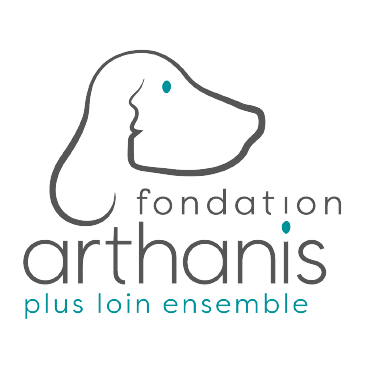
"*" indicates required fields

